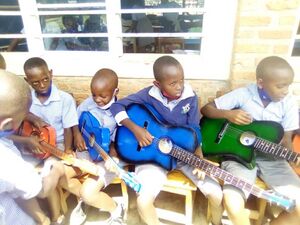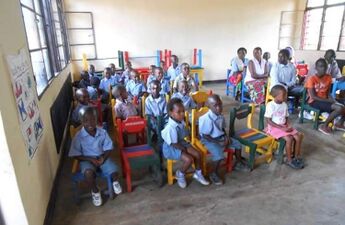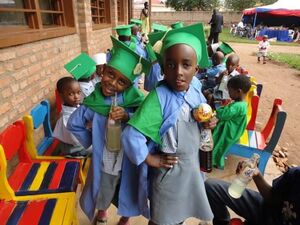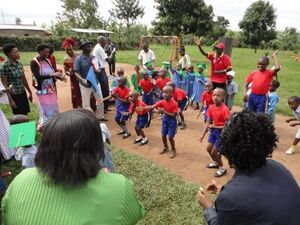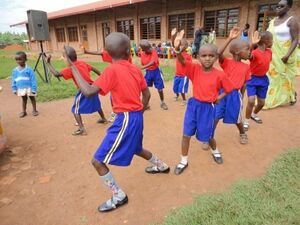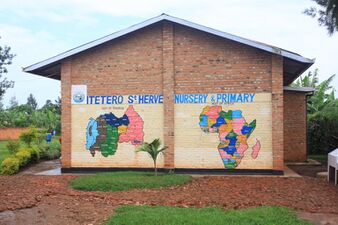Education for autistic children in Rural Rwanda: Difference between revisions
(Updated problems) |
(Updated projects) |
||
| Line 27: | Line 27: | ||
|scraped_from=GlobalGiving | |scraped_from=GlobalGiving | ||
|feature_image=File:Itetero_photo_Large.jpg| | |feature_image=File:Itetero_photo_Large.jpg| | ||
|images=[[ | |images=[[File:ph_52419_211521.jpg|Classroom,File:ph_52419_211522.jpg|Graduation,File:ph_52419_211523.jpg|Extracurricular activities,File:ph_52419_211524.jpg|Extracurricular activities,File:ph_52419_211525.jpg|The school,File:Photo_Itetero_St_Herve_Center_Large.jpg|,]] | ||
|coordinate=, | |coordinate=, | ||
|geo_id=49518}} | |geo_id=49518}} | ||
Latest revision as of 11:37, 5 August 2023
| Organization | Itetero |
|---|---|
| Region | Rwanda |
| Website | N/A |
| N/A | |
| N/A | |
| ProjectLeader | Eugene Rusanganwa |
| Linked Problems & Solutions
|
|---|
The project will initially support 30-50 children and adolescents by establishing a cost-efficient model for care, support and education of children with autism and similar disorders in the Eastern province of Rwanda. It will increase the skills of teachers and parents to support children with autism and other similar disorders and will help them to learn to their potential. It will also organize special classes for children with severe cases and integrate moderate cases in regular classes.
Challenge
Whilst Rwanda recognizes autism as an issue, very limited efforts have been made at the policy formulation and implementation levels to curb the issue. There are no specialists for diagnosis and therapy and this limits access to data and services (including education) for children with autism and other similar disorders. The burden has been left to parents and a few private institutions that are very expensive and limited to a very small geographical coverage (the capital city Kigali).
Long-Term Impact
Autistic children will learn life skills necessary for living independently, as well as other social, communication, and language skills. Parents of children with autism and community members will learn to accept autism as a difference to be accommodated. Stigma against children with autism will be reduced. A center to train parents and other professionals on education and therapy for autistic children will be established and sustained. In the short-run, it will accommodate 50 children.
References
Additional Documentation
https://www.globalgiving.org//pfil/52419/projdoc.docx
Project Gallery
